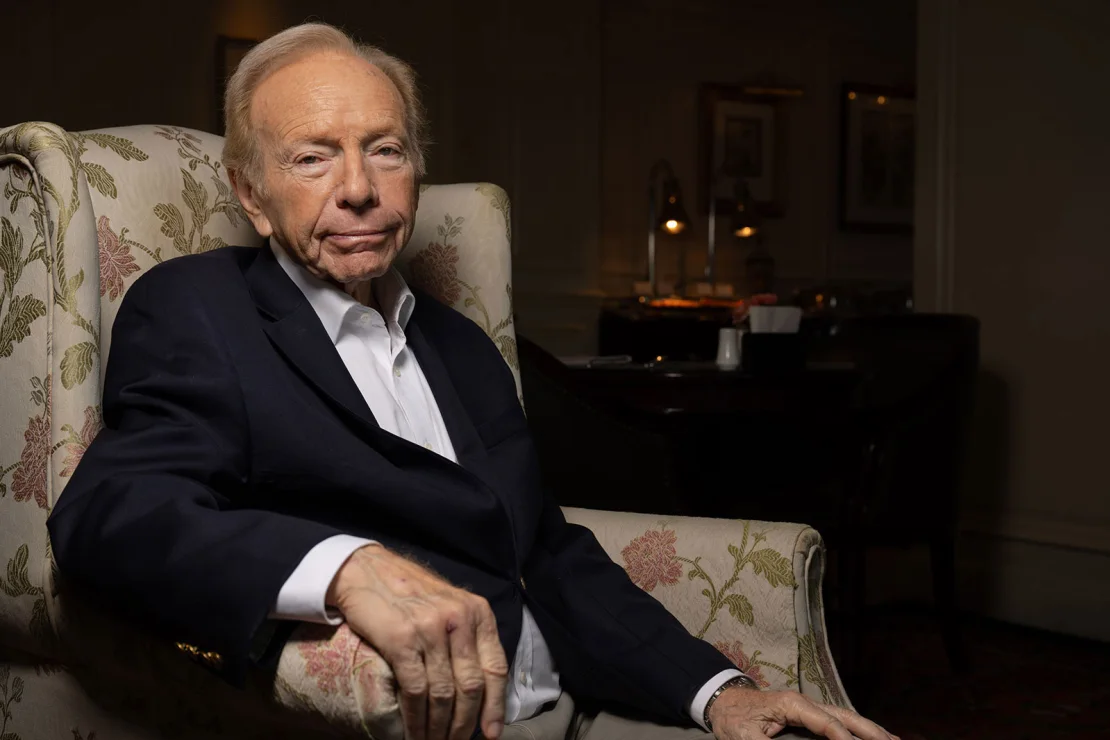In a landmark ruling, Binance founder Changpeng Zhao has been sentenced to four months in prison for failing to establish sufficient anti-money laundering safeguards. Once at the helm of the world’s largest crypto exchange, Zhao’s guilty plea in November 2023 marked a significant turn in the crypto world’s regulatory landscape.
Judge Richard Jones criticized Zhao for prioritizing Binance’s growth and profits over compliance with US laws, highlighting the scale of the crime. While Zhao is not as well-known as FTX’s Sam Bankman-Fried, he remains a key figure in the crypto sphere. Despite stepping down as CEO as part of his plea agreement, Zhao retains control of Binance, known by some as “a massive shitcoin casino” for its extensive token listings compared to rivals like Coinbase.
Prosecutors sought a sterner penalty, citing Zhao’s “massive” misconduct and its impact on US national security. They argued that Binance facilitated sanctions violations exceeding $898 million, allowing transactions between Iranian, Cuban, and Syrian customers in violation of sanctions.

Zhao’s lawyers, however, argued against incarceration, noting that no similar BSA case had led to jail time. They emphasized Zhao’s cooperation and Binance’s efforts to rectify anti-money laundering deficiencies.
Zhao’s reputation as a maverick in the crypto world precedes him. His public spat with FTX’s Bankman-Fried in 2022, culminating in Zhao selling his FTX holdings, contributed to the unraveling of fraud at FTX. Bankman-Fried himself was sentenced to 25 years in prison earlier this year.
Despite agreeing to pay a $50 million fine and not to appeal any sentence up to 18 months, Zhao’s sentencing underscores the regulatory scrutiny facing the crypto industry and the need for robust compliance measures.
In conclusion, Changpeng Zhao’s sentencing underscores the growing regulatory scrutiny facing the crypto industry. As governments worldwide seek to tighten regulations, crypto exchanges and founders must prioritize compliance to avoid legal repercussions. Zhao’s case serves as a cautionary tale, highlighting the importance of robust anti-money laundering measures and adherence to US laws. As the crypto landscape continues to evolve, regulatory compliance will remain a key factor in shaping the industry’s future.


